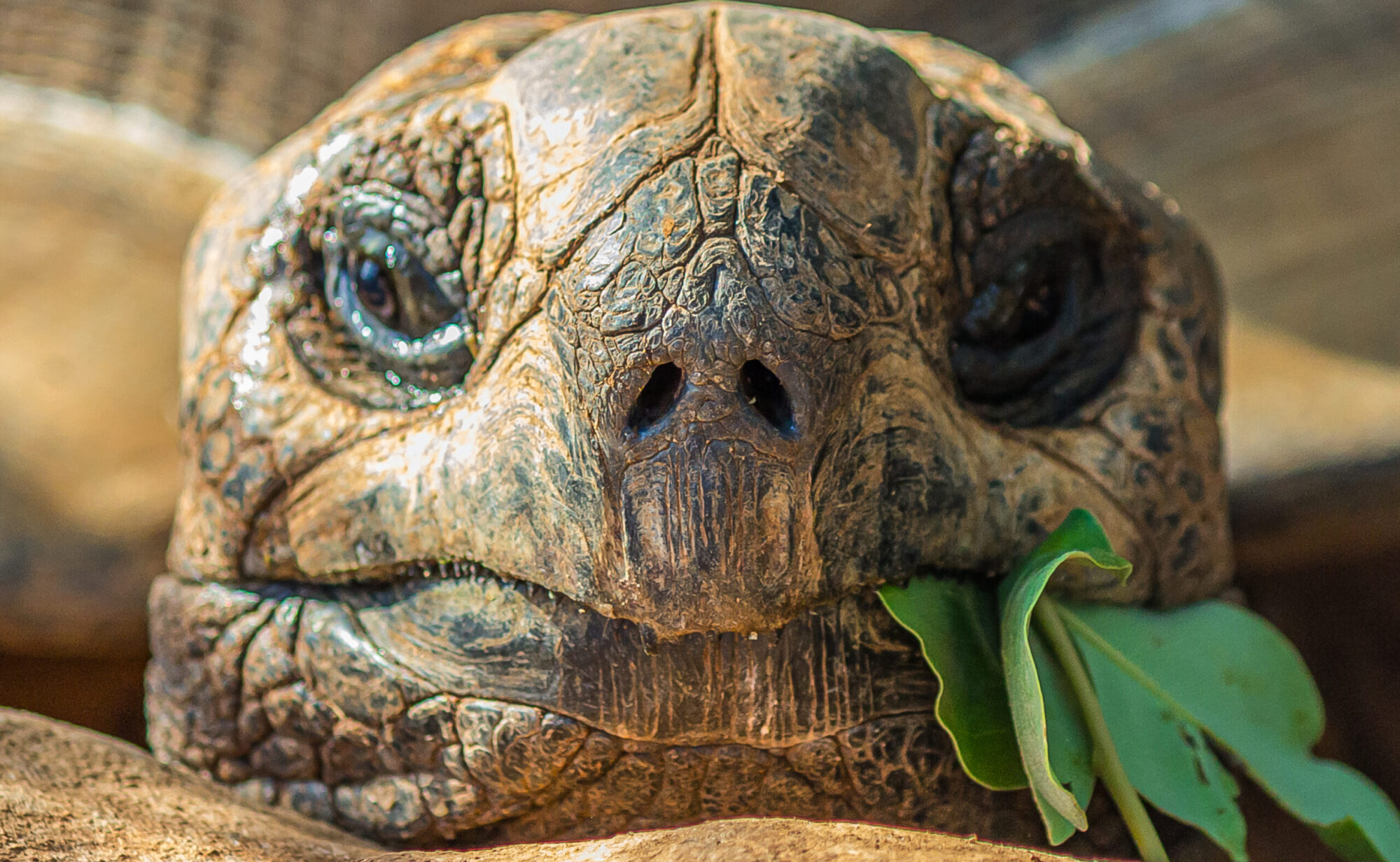A new season of Gastronauts brings behavior to gut-brain matters.
October 2016: Stem cells of the gut
Scott Magness, Ph.D., Associate Professor in the Department of Cell Biology at UNC-Chapel Hill. His research is focused on the basic biology of intestinal stem cells, the genes that control their behavior, and translational approaches to stem cell based therapies for human disease and injury of the intestine.
November 2016: What gut microbes say about health
Lawrence David, Ph.D., Assistant Professor in GCB and the Department of Molecular Genetics & Microbiology at Duke University. His Lab is particularly interested in how commensal microbes help resist, and ultimately respond to, colonization by human pathogens.
December 2016: Autism speaks about food
Jennifer Kern and Katherine Flynt are two speech-language pathologists at Duke University who work with many autistic children. They shared their insights into autism and its relationship to eating abnormalities!
January 2017: Engineering behavior
Alexia Kravitz, Ph.D., Investigator in the Eating and Addiction Section, Diabetes, Endocrinology, and Obesity Branch of the National Institute of Diabetes and Digestive and Kidney Diseases. His work focuses on the study of basal ganglia circuits and how their function changes in disease states such as obesity, addiction, and depression.
February 2017: The brain in the gut
Meenakshi Rao, M.D., Ph.D., pediatric gastroenterologist at Columbia University. Her research interest is in the enteric nervous system.
March 2017: Glia cell diversity
March 2017 – Laurianne Van Landeghem, Ph.D., Assistant Professor at NC State College of Veterinary Medicine. Her laboratory focuses on understanding how signals emanating from the microenvironment impact normal and cancer intestinal stem cells with an emphasis on enteric glia.
April 2017: Gut worms, friend or foe?
Willian Parker Ph.D., Associate Professor of Surgery at Duke University. The primary focus of his laboratory deals with the concept of “evolutionary mismatch” and how that affects immune function in the modern world.
May 2017: The vagal connection
Steve Liberles Ph.D., Assistant Professor of Cell Biology at Harvard University. His lab is interested in understanding how the brain processes external sensory and internal homeostatic signals to initiate behavioral and physiological responses.
